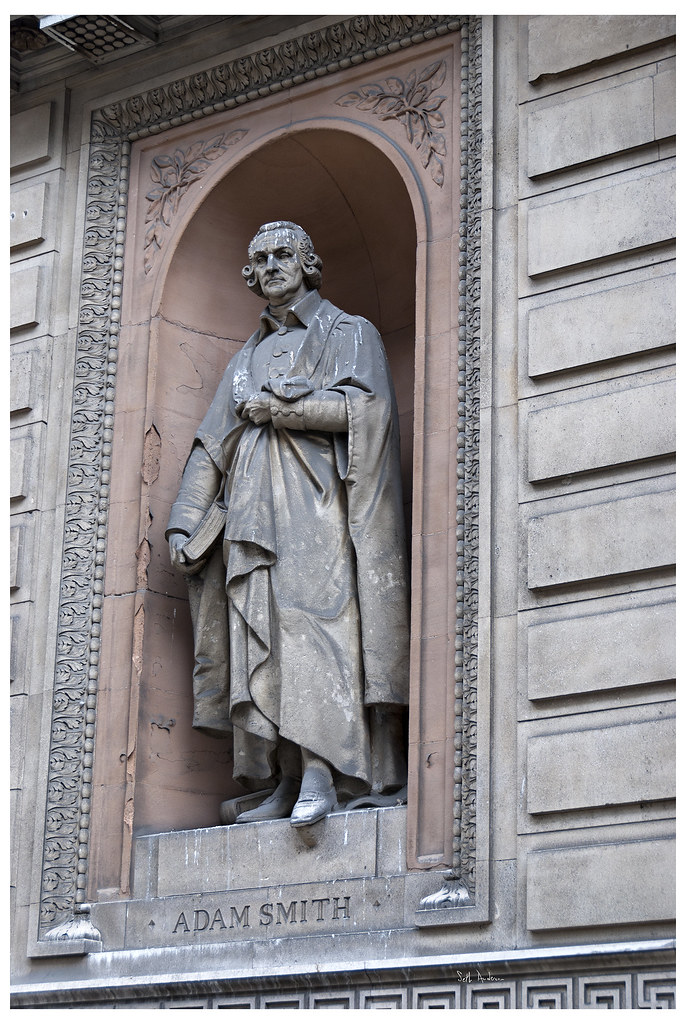Free-market capitalism is mistaken for corrupt cronyism by college students, according to a survey by RealClearPolicy.
A recent survey conducted by Real Clear Policy queried over 2,000 students from more than 130 universities and colleges across the United States, intending to illuminate why young Americans are so skeptical of free-market capitalism, and often favor socialist goals.
The survey presented two different definitions of capitalism: the traditional free-market definition, in which “property is privately owned, exchange is voluntary, and production and pricing of goods / services are determined by market forces,” and the cronyism definition, in which “corporations utilize grants, special tax breaks, political connections, and special rules that favor them.”
The first definition is what capitalism is theoretically supposed to entail, and that version of capitalism–though laced with corruption at times–is what has caused massive advances in human prosperity in the approximately 300 years since it first became a mainstream economic ideology subsequent to the writings of Adam Smith and his contemporaries.
Concerningly, only 49 percent of students selected the first definition when asked what capitalism entails, while 36 percent chose the cronyism definition and 15 percent were unsure.
Moreover, only 23 percent of students indicated they have a positive view of capitalism, and 38 percent indicated a negative view. Among those who chose to conceptualize capitalism with the cronyism definition, 70 percent have a negative view.
This has had disturbing ramifications for policymaking, and threatens to undo centuries of economic productivity. With ever-lessening public support for capitalism–especially as more students are indoctrinated by leftist ideologies at their universities, and enter the real world–comes greater support for government intervention in the economy, and irresponsible fiscal and monetary policy. In fact, such intervention into free-markets directly creates opportunities for cronyism, by allowing businesses the opportunity to take advantage of government programs to enrich themselves.
Originally published by Stopping Socialism, a project of The Heartland Institute.
For the article by John Bitzan and Clay Routledge for RealClearWire.
For more Budget & Tax News.











